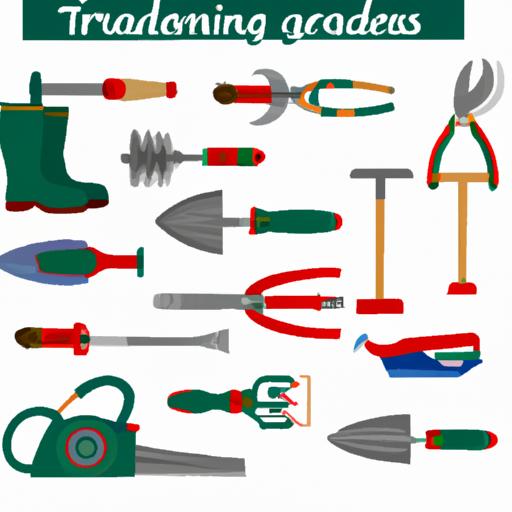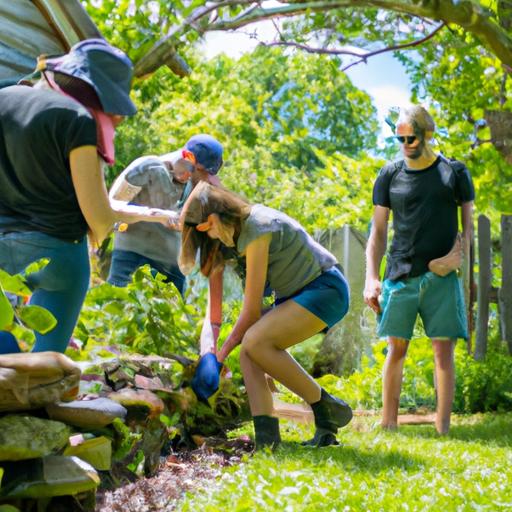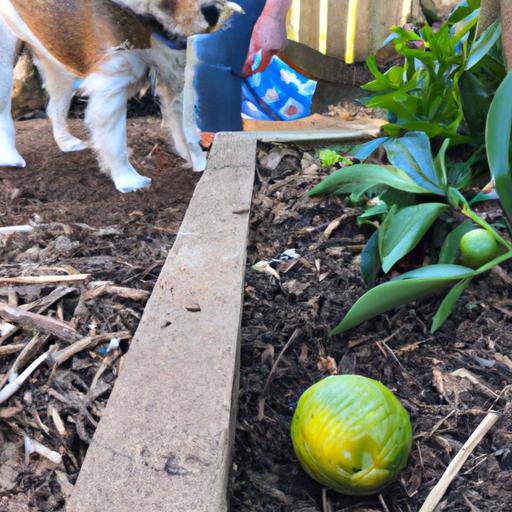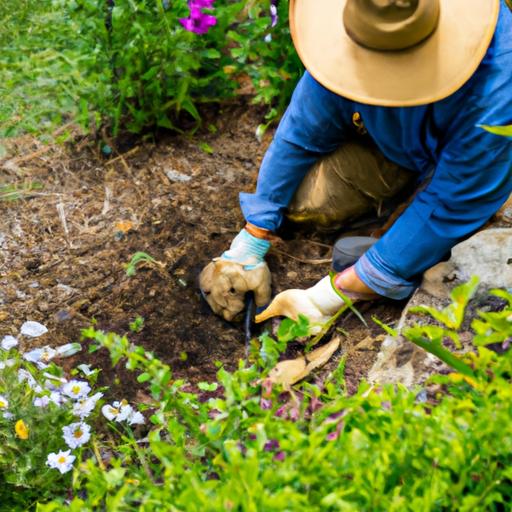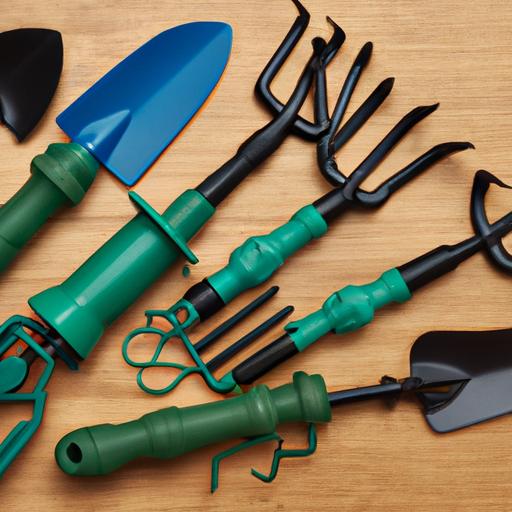Do Gardening Seeds Expire?
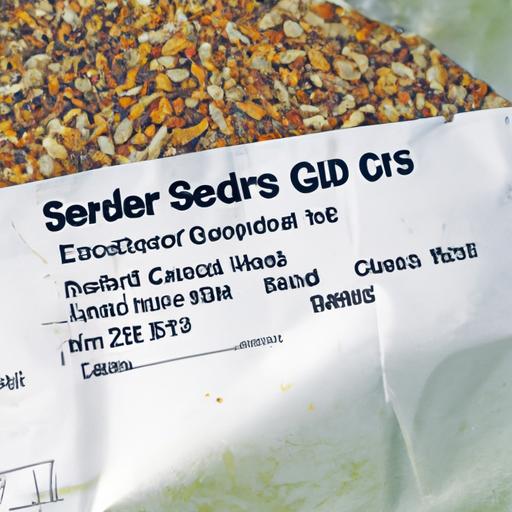
Have you ever wondered if gardening seeds have an expiration date? As an avid gardener, I’m sure you can relate to the excitement of starting a new planting season. But before we dive into preparing our gardens, it’s crucial to understand whether our seeds are still viable. In this article, we will explore the importance of gardening seeds and delve into the concept of seed expiration.
1. Introduction
a. Importance of gardening seeds
Gardening seeds are the lifeblood of any successful garden. They hold the potential to grow into beautiful plants, providing us with an abundance of flowers, fruits, and vegetables. Each seed carries within it the genetic information necessary for growth and development. Without high-quality seeds, our gardening efforts may go in vain.
b. Understanding seed expiration
Just like any other living organism, seeds have a lifespan. Over time, their ability to germinate and produce healthy plants diminishes. Understanding seed expiration is crucial for gardeners to ensure optimal results. But how do we know if our seeds have expired? Let’s explore the factors that affect seed expiration in the next section.
Stay tuned as we explore the factors that influence seed expiration and discover ways to extend the life of your precious seeds. Don’t let expired seeds dampen your gardening dreams. Let’s dive into the world of seed viability together!
Factors Affecting Seed Expiration
When it comes to seed expiration, several factors come into play. Understanding these factors will help us make informed decisions about the viability of our gardening seeds. Let’s explore them in detail:
A. Seed Type and Variety
Different seed types and varieties have varying expiration rates. Some seeds, like tomatoes and peppers, tend to have a shorter shelf life compared to others. It’s essential to be aware of the specific expiration timeline for each seed type and variety you have in your collection. This knowledge will guide you in planning your planting schedule and maximizing the chances of successful germination.
B. Storage Conditions
The way we store our seeds significantly impacts their longevity. Seeds are sensitive to moisture, temperature, and light. Exposure to excessive moisture can lead to mold or rot, rendering the seeds useless. Similarly, fluctuating temperatures and exposure to direct sunlight can accelerate seed deterioration. To extend the life of your seeds, ensure they are stored in a cool, dry, and dark environment, such as airtight containers or seed packets stored in a refrigerator.
C. Seed Age
As seeds age, their viability gradually declines. The older the seed, the lower the germination rate and vigor. While some seeds may remain viable for several years, others lose viability relatively quickly. It’s essential to keep track of the age of your gardening seeds and regularly evaluate their viability. Conducting a germination test will help determine the percentage of seeds that can successfully sprout. By knowing the age of your seeds, you can make informed decisions about their potential success in your garden.
Now that we understand the factors influencing seed expiration, let’s move on to the next section where we will explore the signs of expired seeds. Don’t miss out on this valuable information to ensure the success of your gardening endeavors!
Signs of Expired Seeds
When it comes to seed expiration, there are telltale signs that indicate whether your seeds are still viable or have passed their prime. By recognizing these signs, you can avoid wasting time and effort on seeds that are unlikely to sprout. Let’s take a closer look at the three key indicators of expired seeds.
A. Poor Germination Rates
One of the most obvious signs of expired seeds is poor germination rates. If you find that only a fraction of your seeds are sprouting, it’s likely that the rest have lost their viability. This can be frustrating, especially when you’ve meticulously prepared your soil and provided optimal growing conditions. Remember, viable seeds should demonstrate a high germination rate, resulting in healthy seedlings.
B. Physical Changes in Seeds
Expired seeds may undergo physical changes that are noticeable to the naked eye. Keep an eye out for seeds that appear discolored, shriveled, or damaged. These visual cues can be indications of reduced viability. Additionally, seeds that have become excessively brittle or soft may have lost their ability to germinate successfully.
C. Mold or Fungal Growth
Mold or fungal growth on your seeds is a clear sign that they have expired. When seeds lose their viability, they become more susceptible to fungal infections, which hinder germination. If you notice fuzzy or powdery growth on your seeds, it’s best to discard them to prevent the spread of disease to your garden.
By being aware of these signs, you can easily determine whether your seeds are still worth planting or if it’s time to invest in fresh ones. However, don’t despair just yet! In the next section, we’ll explore ways to extend the life of your seeds and ensure a successful gardening experience.
Extending Seed Life
As gardeners, we want to maximize the potential of our seeds and ensure they remain viable for as long as possible. Fortunately, there are several strategies we can employ to extend the life of our seeds. Let’s explore them below:
A. Proper Seed Storage Techniques
Proper storage is essential in maintaining seed viability. Here are a few tips to ensure your seeds stay fresh and ready for planting:
-
Cool and Dry Environment: Store your seeds in a cool, dry place. Excess moisture can lead to mold or fungal growth, causing seeds to deteriorate. Consider using airtight containers or resealable bags to protect them from humidity.
-
Consistent Temperature: Fluctuating temperatures can harm seeds. Aim for a consistent temperature range of 32-41°F (0-5°C) for most seeds. Avoid storing them in areas prone to extreme heat or cold, such as attics or basements.
-
Darkness: Seeds are sensitive to light, which can trigger premature germination. Keep them away from direct sunlight or bright artificial light to maintain their dormancy.
B. Seed Viability Testing
Before sowing your seeds, it’s wise to conduct a viability test to determine their germination potential. Here’s a simple method you can try:
- Damp Paper Towel Test: Moisten a paper towel and place a small number of seeds on it. Fold the towel and keep it in a warm location. Check regularly for germination. If a significant number of seeds sprout, they are still viable.
C. Seed-Saving Methods
Saving seeds from your own plants is not only cost-effective but also ensures a continuous supply of high-quality seeds. Consider the following seed-saving techniques:
-
Open-Pollinated Plants: Focus on open-pollinated varieties, as their seeds will produce offspring similar to the parent plant. These seeds are more likely to retain their vigor and genetic traits.
-
Proper Harvesting: Allow seeds to fully mature on the plant before collecting them. Harvest when the seed pods or fruits are dry and begin to split. Avoid harvesting seeds that are not fully developed.
By implementing these practices, you can significantly extend the life of your gardening seeds. Remember, proper storage, viability testing, and seed-saving methods are key to ensuring successful germination and a thriving garden. Let’s move on to the next section to debunk common misconceptions about seed expiration.
Common Misconceptions about Seed Expiration
When it comes to the expiration of gardening seeds, there are numerous misconceptions that can confuse even the most experienced gardeners. Let’s debunk some of these myths and clear up any misinformation surrounding seed expiration.
A. Myths regarding seed longevity
-
“Seeds last forever”: While it’s true that some seeds can remain viable for several years, it’s important to note that not all seeds have an indefinite shelf life. Each seed type and variety has its own expiration date, beyond which germination rates decline significantly. So, it’s essential to check the suggested shelf life for each type of seed you have.
-
“Seeds never expire if stored properly”: Proper storage conditions can indeed prolong the viability of seeds, but they won’t remain viable forever. Even under ideal conditions, seeds ultimately lose their ability to germinate over time. Therefore, it’s crucial to regularly evaluate the viability of stored seeds and replace any expired ones.
B. Misinformation about seed storage
-
“Refrigerating seeds is always the best option”: While refrigeration can be beneficial for some seed types, others may actually suffer from the cold and humidity. Certain seeds, like tropical plants, may lose their viability if exposed to low temperatures. Research the specific requirements of each seed type before deciding on the best storage method.
-
“Seeds should be stored in airtight containers”: Contrary to popular belief, storing seeds in airtight containers can lead to moisture buildup, which can damage the seeds. Instead, opt for breathable containers that allow for proper air circulation, such as paper envelopes or mesh bags.
By dispelling these common misconceptions and understanding the truth behind seed expiration, you can ensure better seed management and maximize the success of your gardening endeavors. Now, let’s explore ways to extend the life of your seeds in the next section.
Conclusion
In conclusion, understanding the expiration of gardening seeds is essential for every gardener. By recognizing the signs of expired seeds, such as poor germination rates, physical changes, and mold growth, we can ensure that we are working with viable seeds for our gardening endeavors.
To extend the life of our seeds, proper storage techniques, seed viability testing, and seed-saving methods play a crucial role. By implementing these practices, we can maximize the potential of our seeds and enjoy a successful gardening experience.
It’s important to debunk common misconceptions surrounding seed expiration. Don’t fall for myths that claim seeds last forever or misinformation about improper storage. Stay informed and take proactive steps to maintain the quality of your seeds.
Remember, using fresh and viable seeds is key to achieving thriving gardens. So, before you embark on your next gardening project, take a moment to assess the viability of your seeds. With proper seed management and a little bit of patience, you’ll witness the magic of nature unfold in your very own backyard.
Happy gardening!
Conclusion: So above is the Do Gardening Seeds Expire? article. Hopefully with this article you can help you in life, always follow and read our good articles on the website: plants.123didulich.com
